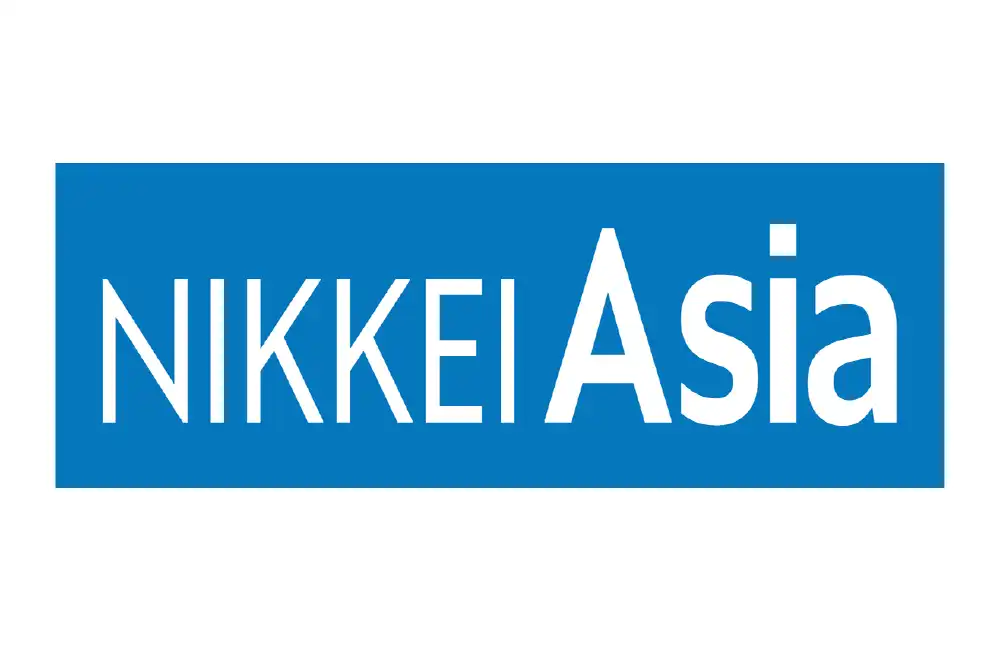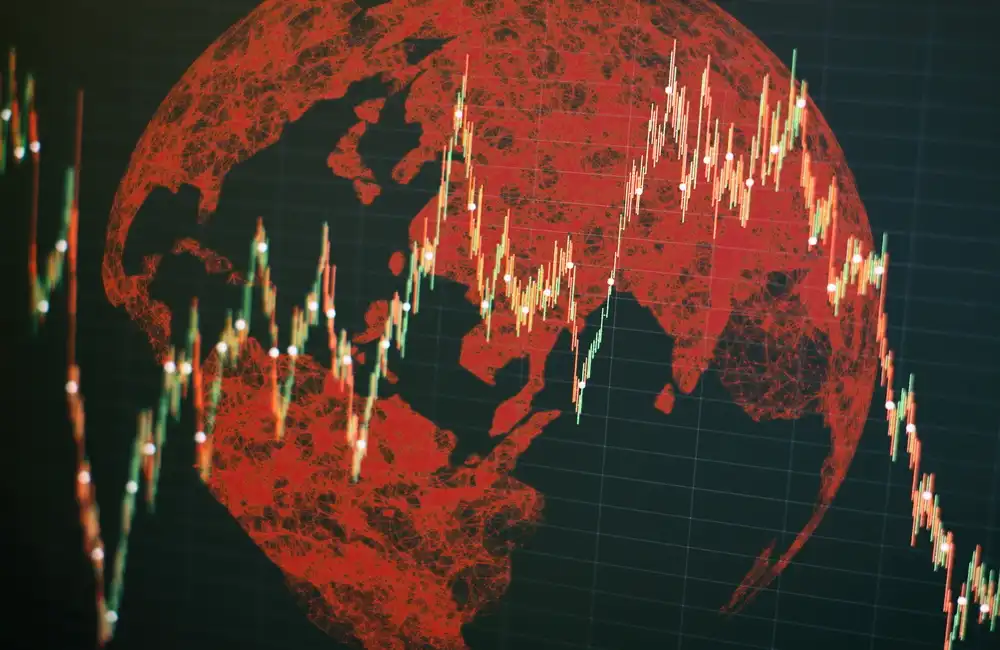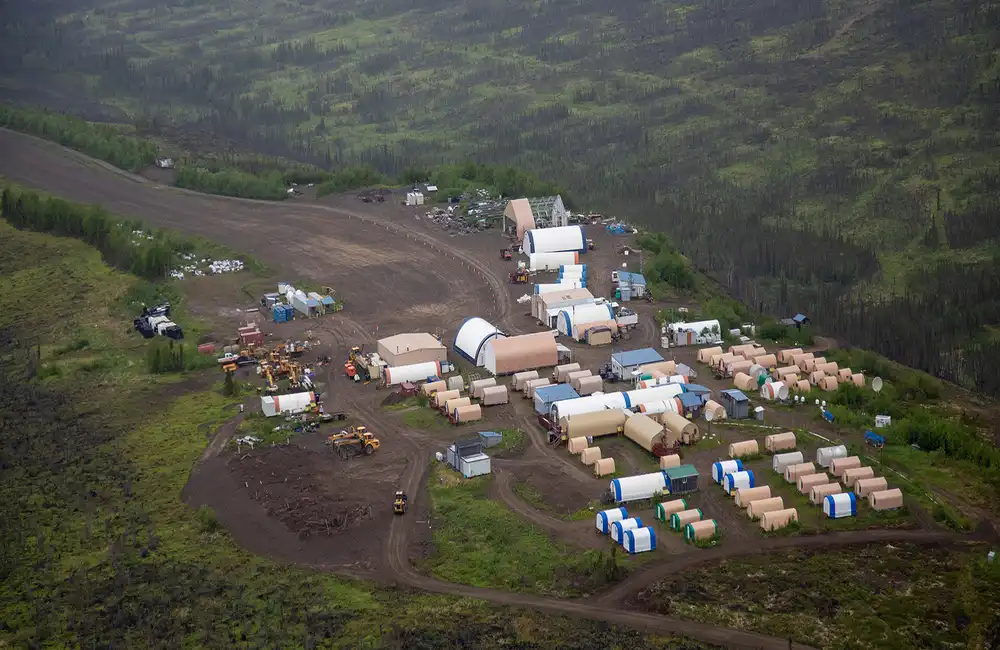The outcome of commodity investments frequently depends on geopolitical events.
Unexpected conflicts, along with trade restrictions and sanctions, can potentially interrupt supply chains while simultaneously pushing market prices up or down and causing significant market instability. Investors must understand geopolitical influences on commodity pricing to make knowledgeable investment decisions.
The following section outlines essential factors influencing commodities and strategies that investors can utilize for risk management and opportunity exploitation.
What Is Geopolitical Risk in Commodity Investing?
Geopolitical risk describes the impact of political happenings on financial markets through their effects on commodity supply chains and pricing structures. Oil, gas, metals and agricultural products show high sensitivity to political events since their production and trade are limited to specific geographic areas.
Drivers of Geopolitical Risk
- Political Instability: Production and transportation systems face interruptions when there are regime changes along with protests and civil unrest. Due to political turmoil, Venezuela has experienced a major reduction in its oil export quantities during the past few years.
- Trade Wars and Sanctions: Trade restrictions between nations have the potential to interrupt essential supply chains. The restrictions placed on Russian energy exports brought about major changes in the international natural gas markets.
- Resource Nationalism: Natural resource supply chains face disruptions when governments control access for foreign entities. The Chinese government often enforces export restrictions on rare earth metals.
Risk of Concentrated Supply
Specific commodities face heightened vulnerability due to their production or extraction being closely linked to particular geographic areas. For example:
- Middle Eastern nations such as Saudi Arabia and Qatar play a critical role in oil and natural gas production.
- The Democratic Republic of Congo (DRC) and other politically unstable nations serve as primary providers of strategic metals such as lithium and cobalt.
- Major supplier export policy shifts from countries like Ukraine or Brazil have the ability to create disruptions in global agricultural markets.
How Geopolitical Events Affect Commodity Prices
Commodity prices become volatile due to geopolitical events through several mechanisms.
Oil Price Shocks During Middle East Tensions
Middle East conflicts and rising tensions regularly cause fears about supply chain disruptions. Crude oil prices experienced a 10%-20% overnight surge following attacks on Saudi Arabian oil infrastructure because Saudi Arabia stands as a top global producer.
Sanctions on Mining Operations
Sanctions imposed on major commodity producers result in supply chain disruptions, which lead to price surges. The global price of aluminium rose by 30% after Western nations sanctioned Russian aluminium in 2018.
Export Bans and Restrictions
Commodity export bans that are frequently linked to trade disputes or national economic tactics trigger major price fluctuations. China’s export restrictions of rare earth metals led to global shortages and increased prices for essential sectors including electronics and renewable energy.
Which Commodity Types Experience the Greatest Impact from Geopolitical Developments?
Geopolitics affect all commodities but certain products face greater consequences because of their inherent characteristics and production methods.
Energy Commodities (Oil, Natural Gas)
The prices of energy commodities demonstrate significant sensitivity to geopolitical disturbances. Global oil and gas prices increase when major regions such as the Middle East or Russia face supply disruptions which affects both consumers and investors.
Strategic Metals (Lithium, Cobalt, Rare Earths)
Lithium, cobalt and rare earth elements represent essential strategic metals with increasing demand in modern technological applications.
The rise of electric vehicles (EVs) and renewable technologies has driven lithium, cobalt, and rare earth metals demand to new heights. The supply of these metals remains highly vulnerable to geopolitical events because their production centers in dangerous areas such as the DRC and China.
Agricultural Commodities
Trade policy adjustments such as tariffs or export restrictions create immediate effects on agricultural commodities, including wheat and corn as well as soybeans. The Russia-Ukraine war resulted in significant wheat price hikes because Ukraine ranks as one of the top wheat-producing nations globally.
Investor Strategies for Navigating Geopolitical Uncertainty
Investors face difficulties in commodity investing due to geopolitics yet can use certain techniques to protect their portfolios while discovering new opportunities.
Diversification Across Regions
Distribute your investments among different regions to reduce exposure to disruptions happening in one location. Through diversification investors can avoid excessive dependency on commodities that originate from politically unstable regions.
Favouring Stable Political Climates
Place your resources and company investments in stable political environments such as Canada, Australia, and Norway. These regions maintain strong regulatory frameworks and experience fewer unexpected disruptions.
Stay Updated on Geopolitical Developments
Keep track of geopolitical developments through news coverage and expert evaluations. Anticipating both the timing and consequences of key events allows investors to adjust their portfolios before risks emerge. We highly encourage readers to subscribe to dependable sources focusing on these topics.
Why Advisor’s Gateway Subscribers Stay Ahead
Knowledge remains the critical factor for successful commodity investing. Advisor’s Gateway gives its readers essential insights to predict risks and opportunities before they become mainstream headlines.
- Early Warnings: Our alerts about geopolitical changes and possible market disruptions enable you to take action before others recognize these events.
- Expert Analysis: You will understand how events like sanctions on mineral suppliers and tensions in oil-producing regions affect your portfolio.
- Proven Track Record: Our readers have reliably managed market changes because they received early alerts about crucial opportunities including rare earth metal supply chain developments.
Make Smarter Commodity Investment Decisions
Stay informed about global developments that drive commodity market trends. Subscribe to Advisor’s Gateway newsletter today. Access exclusive geopolitical insights for market impact analysis and identify secure investment opportunities with high potential.
Although geopolitical events remain unpredictable, having expert advice can stabilize your investment strategy.

















